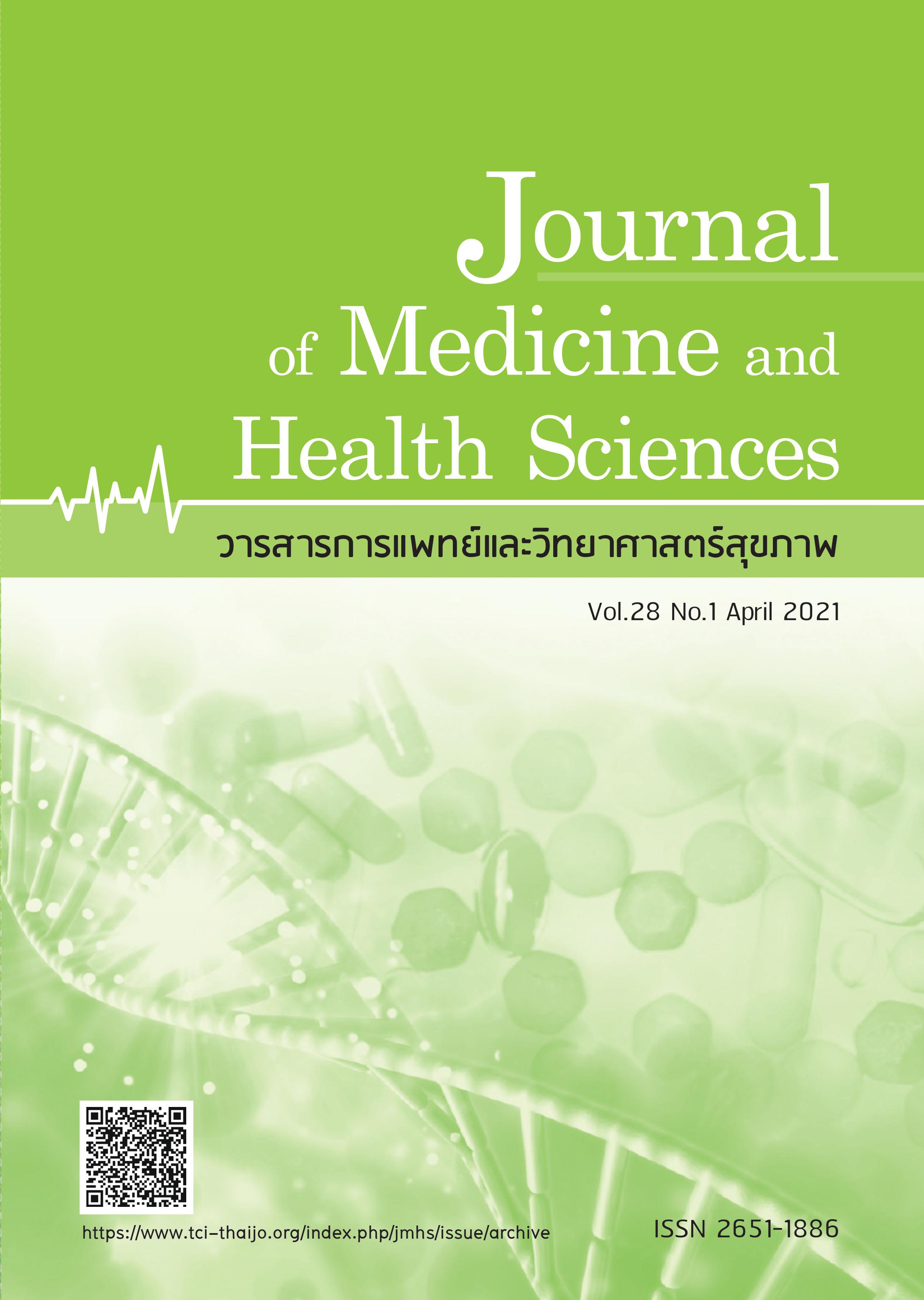Nudge theory and concepts of choice architecture designs for behavioral change and promotion of medication adherence
Keywords:
Nudge theory, behavioral modification, choice architecture, pharmacistAbstract
Nudge theory and its choice of architectural design concepts aim to change the health behaviors of individuals and promoting medication adherence may be considered as an option to be used in pharmaceutical care. The objective of this article was to inform the reader of the concepts of nudge theory, as well as the choice of architectural design processes that affect patient decision-making by letting them choose options voluntarily without blocking any other options. The most important step of nudge theory requires the process of designing alternatives to stimulate or push individuals to modify their behavior or choose the options that are beneficial in the long-term and in the direction that pharmacists want them to happen. If pharmacists are able to understand this concept, they can apply this theory. These tools take responsibility for individual behaviors, thoughts and the decision-making process guides patients to change their behavior to choose more healthy options and makes pharmaceutical companies become more proficient.
References
2. Thaler RH, Sunstein CR. Nudge: Improving Decisions about Health, Wealth, and Happiness. United State: Yale University Press 2008.
3. Mariel I M-O, Pauline J, Viktor S, et al. Using Nudges to Promote Healthy Food Choices in the School Dining Room: a systematic review of previous investigations. School Health. 2019.
4. Thaler RH, Sunstein CR, Suphakrot N. Nudge. Thailand: Welearn CO., Ltd.; 2018.11 p.
5. Thaler RH, Sunstein CR. Libertarian Paternalism is not an oxymoron. United state: The University of Chicago Law Review 2003.
6. Thai health center. Healthy behavior can not be force with Nudge Theory [Internet] 2017 [cited 2020 March 20]. Available from: https://www.thaihealthcenter.org/ campaign/content/detail/180.
7. Kahnemann D. Thinking fast and Slow. New York: Farrar, Straus and Giroux; 2011.
8. Lindhout P, Reniers G. What about nudges in the process industry? Exploring a new safety management tool. JLPPI 2017;50: 243-56.
9. Wongbencharat P. [summary book] Nudge : Improving Decisions About Health, Wealth, and Happiness [Internet] Thailand 2015 [cited 2020 March 21].
Available from: https://www.panasm.com/%E0%B8%AB%E0%B8%99%E0%B8%B1%E0%B8%87%E0%B8%AA%E0%B8%B7%E0%B8%AD-nudge/.
10. Wansink B. Environmental factors that increase the food intake and consumption volume of unknowing consumers. Annu Rev Nutr 2004;24:455-79.
11. Hansen PG, Jespersen AM. Nudge and the Manipulation of Choice: A Framework for the Responsible Use of the Nudge Approach to Behaviour Change in Public Policy. Eur J Risk Regul 2013;4:3-28.
12. The Economist. Nudge nudge, think think [Internet] 2014 [cited 2020 January 9]. Available from: https://www.economist. com/britain/2014/10/18/nudge-nudgethink-think.
13. Nilbai T. Nobel prize in Economics for the year 2017.JERU. 2560;3(2):p.95.
14. Patel MS, Day S, Small DS, et al. Using default options within the electronic health record to increase the prescribing of generic-equivalent medications: a quasi-experimental study. Ann Intern Med 2014;161(10 Suppl):S44-52.
15. Reddy A, Huseman TL, Canamucio A, et al. Patient and Partner Feedback Reports to Improve Statin Medication Adherence: A Randomized Control Trial. J Gen Intern Med 2017;32:256-61.
16. Long JA, Jahnle EC, Richardson DM, et al. Peer mentoring and financial incentives to improve glucose control in African American veterans: a randomized trial. Ann Intern Med 2012;156:416-24.
17. Fridman I, Hart JL, Yadav KN, et al. Perspectives on using decision-making nudges in physician-patient communications. PloS one 2018;13: e0202874-e.
18. Rouyard T, Leal J, Baskerville R, et al. Nudging people with type 2 diabetes towards better self-management through personalized risk communication: a pilot randomized controlled trial in primary care. Endocrinol Diabetes Metab 2018;1:e00022.
19. Jachimowicz JM, Gladstone JJ, Berry D, et al. Making medications stick: improving medication adherence by highlighting the personal health costs of non-compliance. BPP 2020; 1-21.
20. Kanchanachitra M, Chamchan C, Kanchanachitra C, et al. Nudge interventions to reduce fish sauce consumption in Thailand. PLoS ONE 2020;15:e0238642.1-18.
21. Yoo HJ, An HG, Park SY, et al. Use of a real time continuous glucose monitoring system as a motivational device for poorly controlled type 2 diabetes. Diabetes Res Clin Pract 2008;82:73-9.
22. Yang YS, Wu YC, Lu YL, et al. Adherence to self-care behavior and glycemic effects using structured education. J Diabetes Investig 2015;6:662-9.
23. Hochsmann C, Muller O, Ambuhl M, et al. Novel smartphone game improves physical activity behavior in type 2 diabetes. Am J Prevent Med 2019;57:41-50.
24. Kempf K, Martin S. Autonomous exercise game use improves metabolic control and quality of life in type 2 diabetes patients_ a randomized controlled trial. BMC Endocrine Disord 2013;13:57.
25. Gopalan A, Paramanund J, Shaw PA, et al. Randomised controlled trial of alternative messages to increase enrolment in a healthy food programme among individuals with diabetes. BMJ Open 2016;6:e012009.
26. Nundy S, Mishra A, Hogan P, et al. How do mobile phone diabetes programs drive behavior change? Evidence from a mixed methods observational cohort study.
Diabetes Educator 2014;40:806-19.
27. Wirawan A, Nurul Q. Adherence level and blood sugar control of type 2 diabetes mellitus patients who gets counseling and short messages service as reminder and motivation. Asian J Pharma Clin Res 2018;11:219-22.



